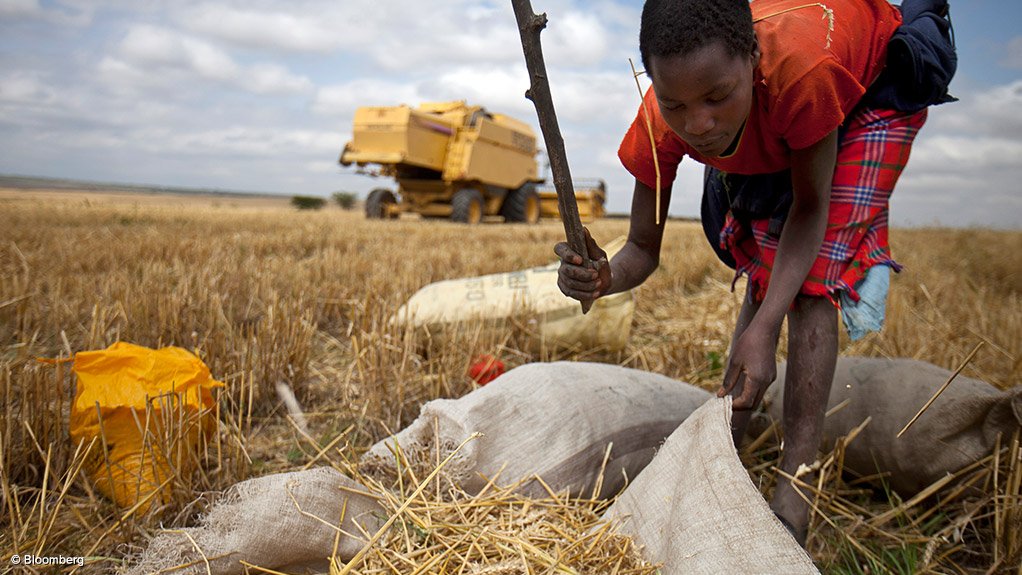The Nelson Mandela Metropolitan University (NMMU), in conjunction with Portuguese technology research institution the Fraunhofer Centre for Assistive Information and Communication Solutions, and other international partners, will be developing dedicated precommercial information and communications technology (ICT) solutions for the agriculture and healthcare sectors.
Fraunhofer had set up the project team comprising experts from Mozambique’s Centro de Informática da Universidade Eduardo Mondlane, South Africa’s NMMU School of ICT, the Germany-based Fraunhofer Institute for Open Communication Systems and Portuguese economics and finance research centre CEFUP to drive the technology development.
NMMU stated in a media release that some of its IT masters students were benefitting from this initiative through scholarships and exchange visits to Fraunhofer in Portugal.
Further, Dr Job Mashapa, who had graduated with his PhD in IT in 2014, was managing the multistakeholder projects for the initiative, while NMMU masters student Loic Ndame was developing a wireless ICT monitoring application that aimed to monitor and provide recommendations for the management of hydroponic agriculture in South Africa.
Ndame’s research was being undertaken in collaboration with small commercial hydroponic farms in the Eastern Cape.
It was envisaged that the monitoring application would reduce the labour intrusiveness that was inherent to the current methods of monitoring a hydroponic farm. The results of this study would also lead to an increased yields from hydroponic farming and promote food security in South Africa, NMMU said.
Meanwhile, NMMU masters student Stephan Botha was developing a decision-making model to assist commercial farmers. It was expected that his research would increase the ease of farm management.
During a recent visit to NMMU, Fraunhofer Portugal director Professor Dr Dirk Elias emphasised his excitement about this research and the fact that Fraunhofer could now combine its engineering expertise with African ICT knowledge.
He said that input by the programme’s African partners would assist in the creation of contextually relevant solutions to real-life projects in developing countries.
EMAIL THIS ARTICLE SAVE THIS ARTICLE
To subscribe email subscriptions@creamermedia.co.za or click here
To advertise email advertising@creamermedia.co.za or click here











